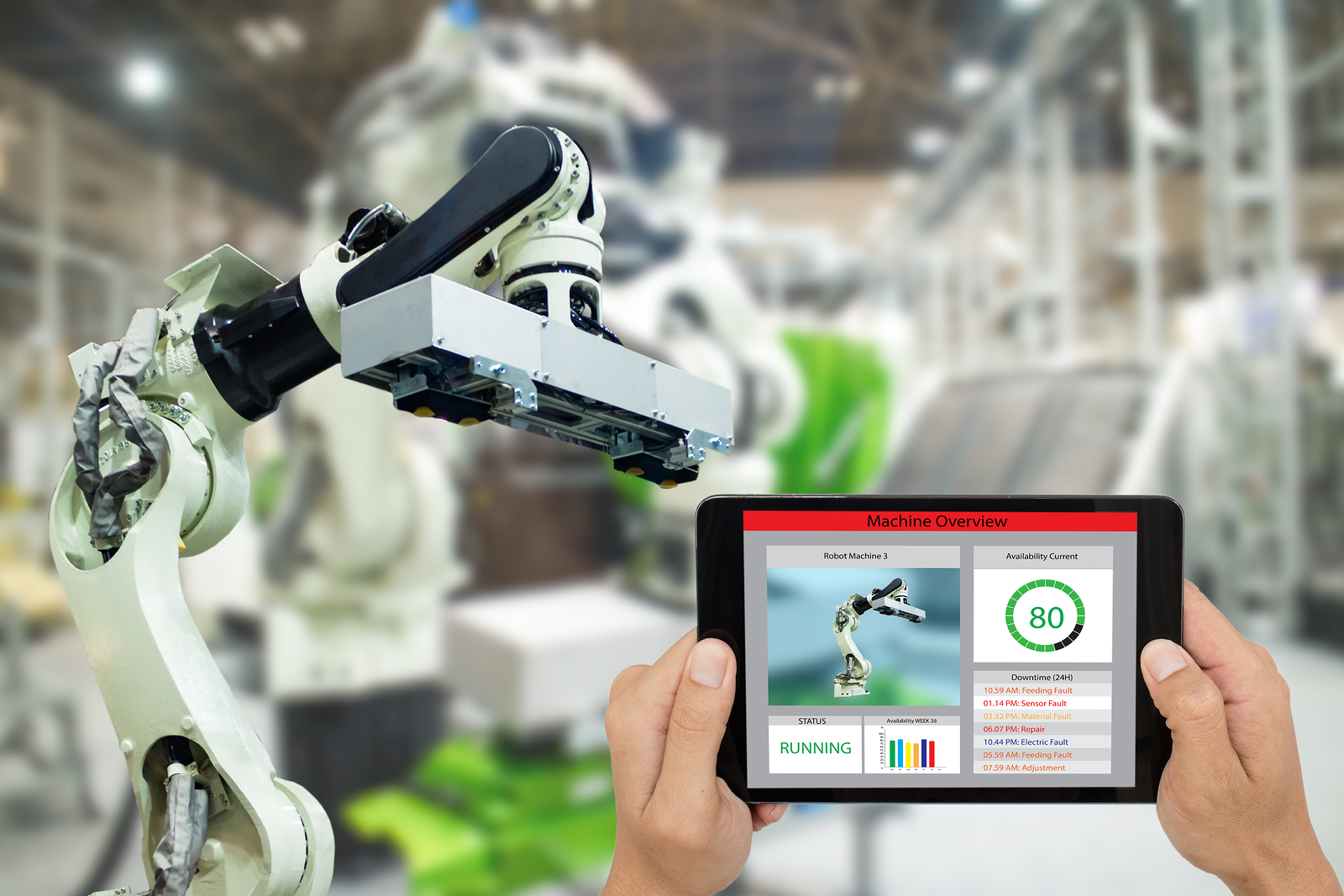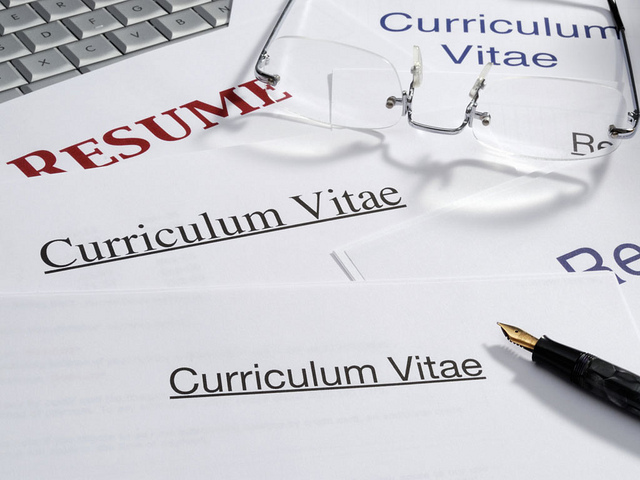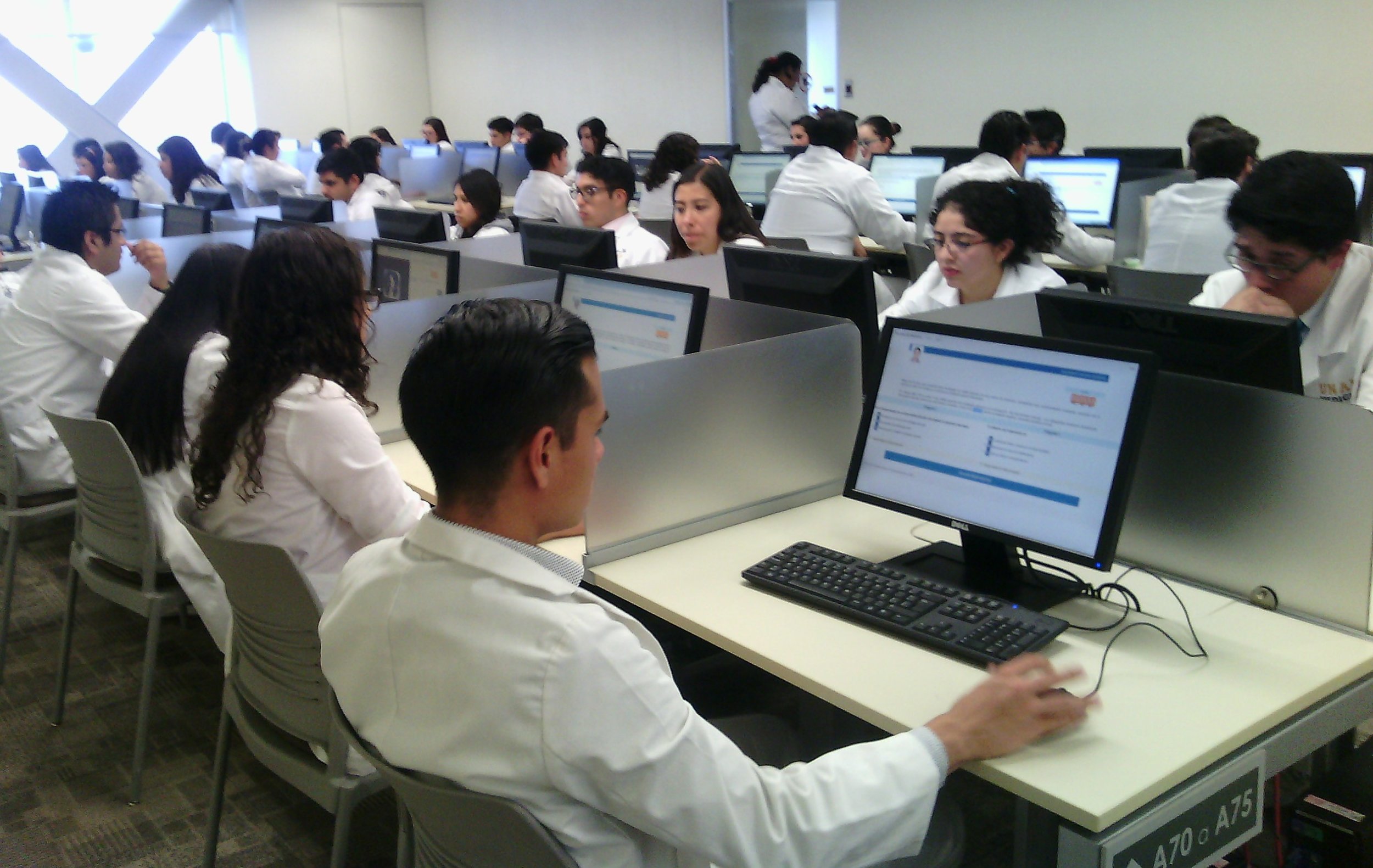87% of graduates who started a job according to their potential continued with an adequate job five years later.
Photo: Bigstock.com
Many graduates take the first job proposal that crosses their path. The need to make some money or the lack of opportunities push students to make hasty decisions without weighing other options. A recent study states that the first job is critical; a wrong choice can harm future professional opportunities.
Burning Glass Technologies, a labor analytics company, together with Strada Education Network, published the first results of a study that attempts to decipher the relationship between work and education. In this first delivery, they focus on underemployment. How much does it affect being underutilized at the beginning of working life? Is it just a phase? Whom does it affect the most?
The study methodology analyzed curriculums and job offers; it examined the work histories of more than 4 million resumes to determine if the university students who started being underutilized could get jobs more suited to their credentials in the following years.
Study highlights
- On average, 43 in 100 of graduates studied started underemployed.
- The first job is critical; 87% who started a job according to their potential continued with an adequate job five years later.
- Only 33% of those who began underemployed were able to improve their working status in a span of five years.
- STEM students have a lower risk of being underemployed, compared with other graduates from different degrees.
- Generally, underemployed graduates earn less than those with jobs appropriate to their credentials
- Women are often disadvantaged in their first job; 47% started their working life in underemployment, compared to men the (37%).
Researchers conclude that university students should have the freedom to doubt or change their minds at the beginning of their career; choosing the right profession is critical for better outcomes. Also, graduates must think carefully about which job to get, as it may affect future professional growth.
STEM careers have a lower rate of underemployment, however, rather than encouraging students to study these degrees, universities must help students to acquire the necessary skills demanded in the labor market. On the other hand, we must insist on eradicating the disparity in job opportunities that still exist between genders.
This article from Observatory of the Institute for the Future of Education may be shared under the terms of the license CC BY-NC-SA 4.0 
)
)











)
CONECTA
CONECTA
CONECTA